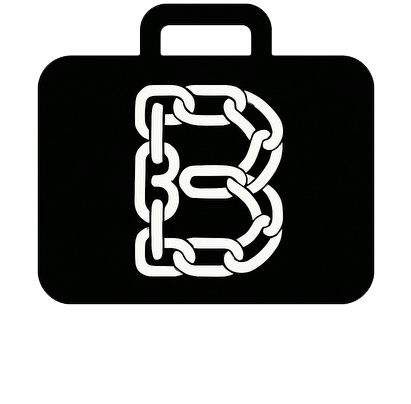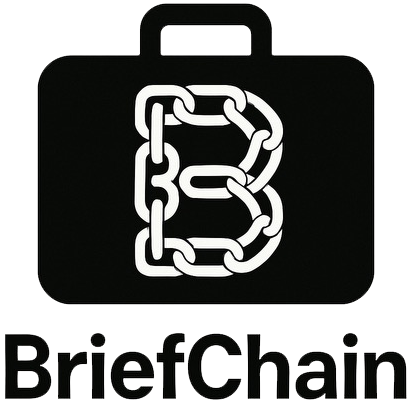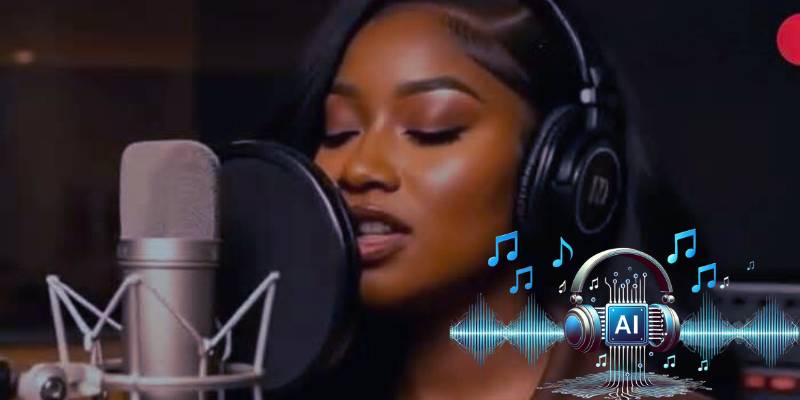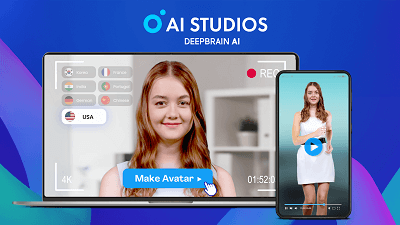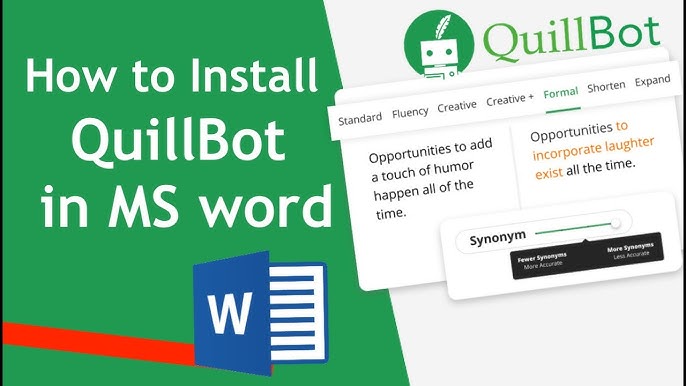A raw, captivating moment recently cut through the noise: when talk of Xania Monet – an AI-driven music artist – made it to the mainstream.
As the Guardian article pointed out, Xania is not simply a tech demo. She has real-world streaming numbers, a burgeoning fanbase and already demonstrates how the music world could be changing.
Xania is an “extension” of her own creative imagination, says creator Telisha ‘Nikki’ Jones. In the music halls, lizards are whispering: is this the new frontier or a threat to all human artists?
Difficulties of Xania’s ascension are discussed in The Guardian, posing questions around authorship, authenticity and what it means to make.
What’s important here-and what personally struck me-is that this isn’t solely the tale of “song written by AI”.
Xania’s lyrics are purportedly generated by Jones herself, and are inspired by real life, while the vocals and production happen through AI.
And that hybrid of a human heart + a machine voice yields something uncanny, in the best possible way and the (next) weirdest possible way.
But there’s a stack of other issues swirling underneath. Voices in the music industry, such as Kehlani, have publicly criticized the idea of AI musicians.
They say it diminishes the craft – all that time spent rehearsing, bleeding, sweating and performing. Some argue the shortcut is too broad to ignore.
But on the other hand, it’s not a matter of replacing artists, Jones and her team argue; it’s about rethinking what we mean by “artist.”
But if the message, the emotion and the story telling are real, does it really matter if a human voice sang it or a machine?
That question falls in a world where voice-cloning, artificial-sounding vocals and deepfakes are no longer science-fiction.
The broader background counts: AI voice generation and AI artist avatars are everywhere at the moment.
Music, gaming, content creation you name it. The Xania type of model is also part of that move, multimodal systems that combine audio + voice + production + persona.
It says we are transitioning from the “AI writing songs” phase to the “AI being the performer” era. That’s big.
“I think this is an opportunity and challenge from a local (Philippines/SEA region) perspective.
For an independent musician or creator, tools like these could reduce the barriers: you don’t need a full band or studio in order to make music.
But you also risk being one of a dime-a-dozen voices in an ocean of synthetic ones if you don’t carve out your original perspective, identity and brand.
If I could advise – right now – a fellow creative, I would tell her to hold tight to your “why”.
You can take the tech, but without your reason for creating, the tech may enough to enable you, but it won’t connect. And: Listen for Rights, Voice-Culture, Authenticity and Representation – these issues will matter more when what is synthetic becomes real.
And as it turns out, Xania Monet is more than a novelty. She’s an indication of where things are going.
How that plays out as a grim duel in what “real music” does and doesn’t mean – or, you could argue, perhaps a brave new era of creativity – is anyone’s guess.
What I do know: The conversation is getting louder and it’s one worth listening to.
